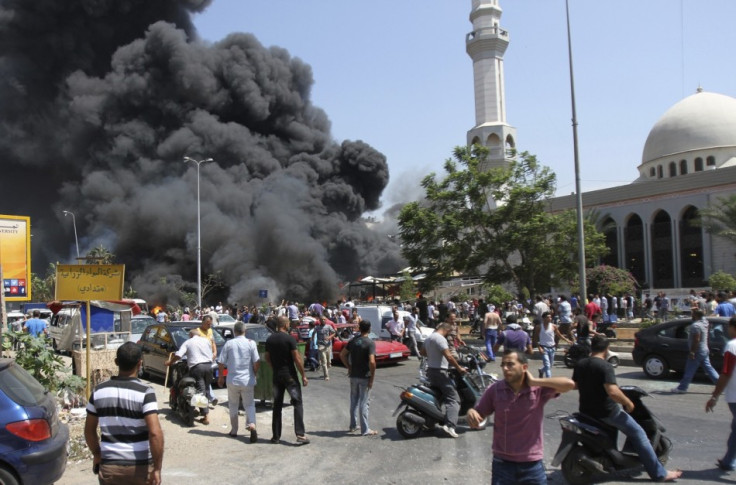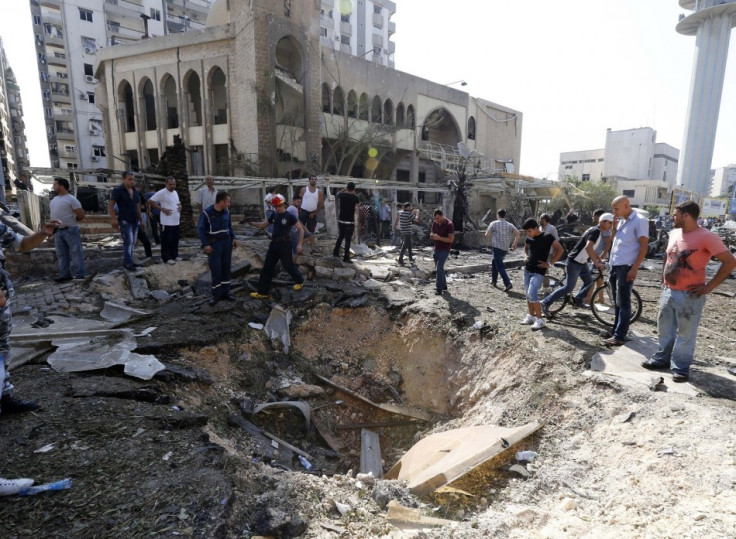Lebanon: Hezbollah Refuses Blame for Deadly Tripoli Bombs

Hezbollah has refused to take the blame for a twin bombing that killed at least 29 people in the northern Lebanese city of Tripoli, saying it was a terrorist attack aimed at plunging the country into civil war.
The Shiite militant group, which is headquartered in Lebanon, was the main suspect when two car bombs exploded outside mosques renowned for their anti-Hezbollah preachers in the predominantly Sunni city.
However, Hezbollah condemned the blasts which wounded at least 350 people, according to Health Ministry officials.
"[It is] a criminal project that aims to sow the seeds of civil strife between the Lebanese and drag them into sectarian and ethnic infighting," Hezbollah said.
"[We express] utmost solidarity and unity with our brothers in the beloved city of Tripoli."
Ethnic tensions are soaring in Lebanon due to Hezbollah's military intervention in neighbouring Syria in support of the Bashar al-Assad regime. The Syrian leader and his ruling elite belong to the Alawite Muslims, a Shiia offshoot, while rebels are predominantly Sunni.
One of the bombs went off outside the Taqwa mosque, the usual place of worship for Sheik Salem Rafei, a renewed Salafi cleric and outspoken Hezbollah critic.
The second explosion struck just five metres away from the gates of the Salam Mosque, whose preacher is also a vocal opponent of Assad and Hezbollah.
The explosions occurred as worshippers were leaving the two mosques at the end of Friday prayers.
Television footage showed thick, black smoke billowing over Lebanon's second largest city and bodies scattered beside burning cars.
"I came here and saw the catastrophe. Bloodied people were running in the street, several other dead bodies were scattered on the ground," said Samir Darwish, a 47-year-old contractor who was in the area when the bomb exploded. "It looked like doomsday, death was everywhere."
The Syrian conflict has polarised confrontation between Sunni and Shia across the Middle East and violence has spilled over into Lebanon, a country that was itself torn apart by a bloody civil war from 1975 to 1990.
Last week another car bomb rocked a Shiite stronghold of Hezbollah in the southern suburb of Beirut, killing 27 people and wounding more than 300.
There was no immediate claim of responsibility for Friday's attacks, which were the most powerful and deadliest in Tripoli since the end of the civil war.

© Copyright IBTimes 2024. All rights reserved.






